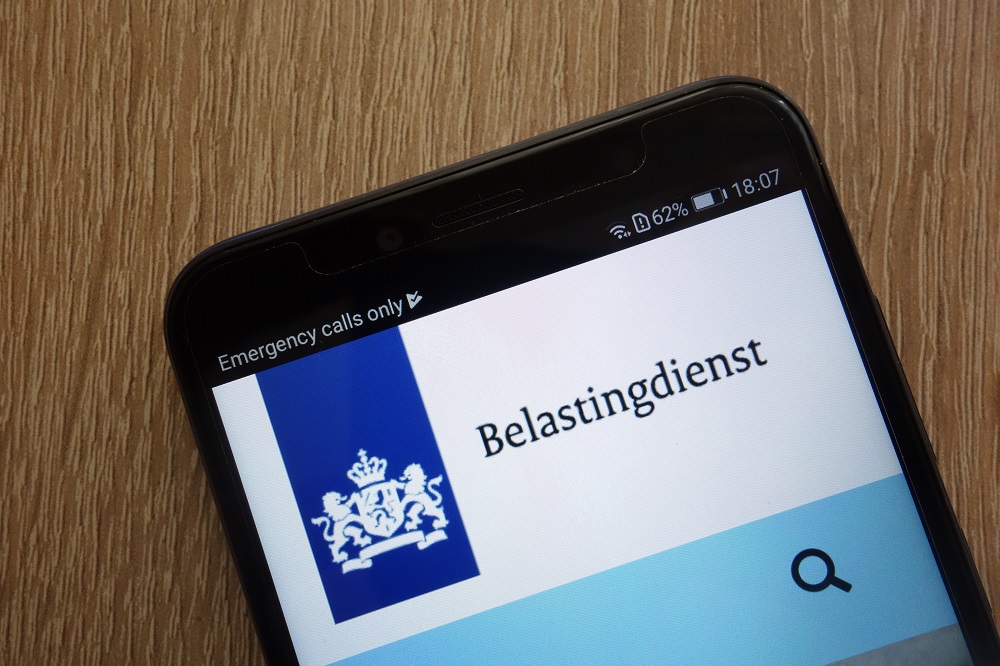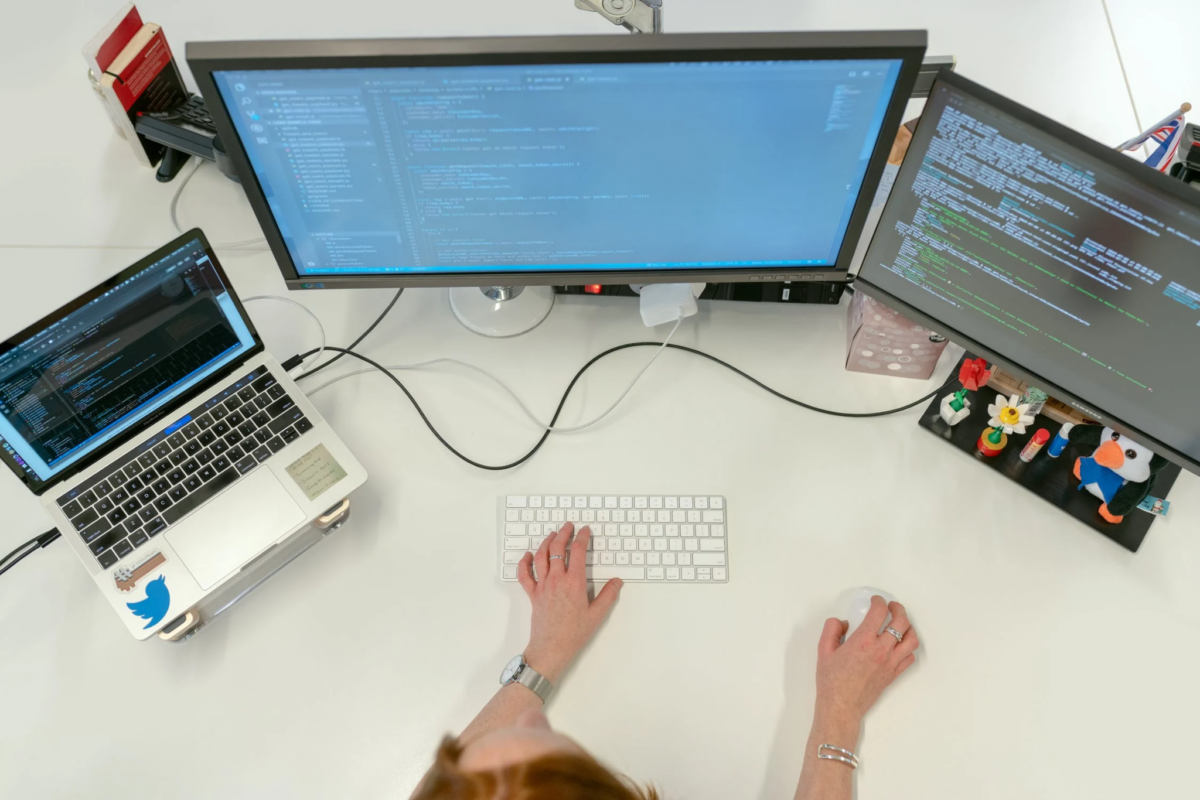When coming to the Netherlands as a student, special immigration procedures apply. Which specific requirements are to be met depend on your nationality and the purpose of your stay. Some nationals need an entry visa plus residence permit, while other nationals only need a residence permit. Upon arrival, other procedures must be completed, such as your registration in the municipal population register (BRP/bevolkingsregister).
Entry Visa: MVV / Short Stay Visa
If you are a national of an EU/EEA member state, Switzerland, Monaco, Canada, the U.S., Japan, Australia, South Korea, New Zealand, or Vatican City you will not need an authorization temporary stay (MVV) to study in the Netherlands ,though you might need a residence permit. You may enter the Netherlands without a visa.
If you are from any other country and you intend to stay here longer than three months, you will need an authorization temporary stay (MVV) to enter the country. All Dutch educational institutes are required to apply for the MVV on behalf of their foreign students. This means that you, as a student, cannot apply for the MVV yourself. Please contact your Dutch university for more about their MVV application procedure.
If you will be here shorter than 90 days, you may need a ‘short stay visa’ (visum kort verblijf). You can apply for this visa at the Dutch embassy or consulate in your home country.
Residence Permit / Registration BRP
All Dutch educational institutes are required to apply for the residence permits on behalf of their foreign students, which means that you are not allowed to do this yourself. Upon arrival you will need to pick up your residence permit – as the MVV merely allows you to enter the country and is only valid for 90 days. You will also have to register with the municipality (registration BRP/bevolkingsregister). If you are traveling here with family, the educational institute can also request a residence permit for them. The residence permit is granted for the duration of your studies, plus three months, with a maximum of five years. If your study lasts longer than that, the educational institute can request that it be prolonged. If you come here for a ‘preparatory year’, this is included in the five years.
The educational institute must also apply for the residence permit for those students who do not require an MVV to enter the country, but who do need a residence permit to stay here. In principle, they can do this while you are already here, but you run the risk of being refused and having come here for nothing or of needing documents that you have left back home. EU/EEA/Swiss nationals do not need a residence permit, but if they stay here longer than four months, they too need to register with the municipality.
 “Dutch educational institutes are required to apply for the MVV and a residence permit on behalf of their foreign students”
“Dutch educational institutes are required to apply for the MVV and a residence permit on behalf of their foreign students”
Insurance
Residents of the Netherlands, must have private health insurance, pursuant to the Health Insurance Act. In order to be able to do this, you will have to obtain a Citizen Service Number and provide proof that you are staying here legally, such as a residence permit or, if you are an EU/EEA citizen, a valid passport. You obtain the Citizen Service Number (BSN) when you register with the municipality. Note: people under the age of 30 who are in the Netherlands solely for the purpose of studying, do not need to take out Dutch health care insurance. For instance, if you have an EU Health Insurance Card, which you can get if you are insured under the public health care scheme in your (EU) home country and your stay abroad is temporary, you will be continued to be covered by this insurance policy. It is up to your health insurance provider to determine what constitutes a temporary stay.
Perhaps your host institution has arranged a collective insurance in which you can participate.
Requirements For Admission To University
To be granted a residence permit for study purposes, you must follow a study at a recognized school or university (of applied sciences). It is not enough just to be taking Dutch language lessons. However, if you do not meet all the requirements for admission to a university/program or you need only to pass the language proficiency test, you can stay in the Netherlands for a period of one year to follow a customized preparatory program, to which purpose the university can – and must – request a residence permit for you, if you are a non-EU/EEA/Swiss national.
Many educational institutes offer a year-long ‘familiarization and language’ course (called a schakeljaar, or link-year), created specifically for students from non-European, non-Western countries who come to the Netherlands to follow an education at HBO or university level. Be careful when googling the word schakeljaar; the same term has been introduced for third-year medical master’s students who will be entering further training. Many universities also offer a ‘preparatory year’ for refugees, asylum seekers and those coming here in for family reunification or formation.
If you changes courses or universities, you will retain your permit. If you stay at the university but change courses, your educational institute must inform the IND – or Immigration and Naturalization Services – of the change. If you change universities, you yourself must inform the IND of the change. If you fail your studies, unless you are staying in the Netherlands on other legal grounds, you will have to leave the country.
Proof of Sufficient Financial Means
Foreign students – in order to be issued a (provisional) residence permit – must prove that they have sufficient financial means to cover the study expenses and to provide for themselves. This means that you must have access to a monthly amount that has been determined in the Studiefinanciering Act 2000, and depends on what you will be studying. If you are receiving a scholarship, you can show this too. For university (of applied sciences) studies, this is approximately € 870 (excluding tuition fees) per month. You must either have this amount in your bank account (multiplied by 12, proving that you can afford living here for a year), or you must deliver proof of the fact that you have arranged a bank loan or found a guarantor in the Netherlands. This person must also prove that he or she can provide for you (and your family, if there is one) and their own family. This would be € 1,975 (excluding holiday allowance) for single persons/parents and € 2,448 (excluding holiday allowance) for couples. More information can be found on https://ind.nl/en/pages/income.aspx.
Other Requirements
Other conditions for coming to study in the Netherlands is that you must have yourself tested for tuberculosis (unless you are from one of 98 countries, so where are not listing them here, but the IND can tell you which they are) and you must not have been convicted of a crime or have committed a crime of war, terroristic act or crime against humanity.
 “Foreign students must prove that they have sufficient financial means to cover the study expenses and to provide for themselves”
“Foreign students must prove that they have sufficient financial means to cover the study expenses and to provide for themselves”
Internship
If you have a residence permit for studying in the Netherlands, and you have to do an internship here, you do not need an employment permit (tewerkstellingsvergunning). However, you do need to arrange the standard internship agreement, which you can find on: www.studyinholland.nl. This agreement has to be signed by three parties: yourself, your employer, and the educational institution.
If you are not studying in the Netherlands, and want to come here to do an internship, you will need a work permit if you are a non-EU/EEA/Swiss national. You must be able to demonstrate that you need this work experience as part of your studies, and that you will be resuming your studies once you return to your home country.
A Job on the Side
Being enrolled as a student in the Netherlands, you are allowed to work in employment a maximum of ten hours a week, or full-time during the months of June, July and August. Your employer will need to apply for a work permit. Note that EU/EEA/Swiss students can work as many hours as they like, without the need for a work permit – with the exception of Croatian students, who will need to request a work permit, unless they start working after July 1, 2018. You do not need a work permit to work in self-employment.
Graduates
If you are a graduate of a foreign university, you can come to the Netherlands for a period of one year to find work as a highly skilled migrant. You have to apply for the Orientation Year for Highly Educated Persons Residence Permit within three years of graduating. You must have at least a master’s degree or a Ph.D. from a qualifying university, and your diploma must be valuated by Nuffic. For further conditions, please check the website of the Immigration and Naturalization Services (IND).
If you have graduated from a Dutch higher education institution with either a bachelor’s or a master’s degree, you have three years to apply for a change in the purpose of your stay from ‘study’ to ‘orientation year for graduates in the Netherlands’. During one year you are free to take up any job, traineeship or placement to gain work experience without the need for a work permit, but after that year you must change your residence unless you find a job as a highly skilled migrant, start your own ‘innovative’ company, or get a job and accompanying work permit. The terms for changing it into a permit for a highly skilled migrant are more lenient, as a lower minimum salary requirement applies: € 2,314 (excluding the holiday allowance) gross a month (2018).
 Useful links
Useful links
www.ind.nl
www.nuffic.nl
www.studyinholland.nl
www.studyfinder.nl

The Holland Handbook 2024
It is that time of year again; the new and annually-updated version of The ...

Dutch Taxes
Taxes are always complicated. If you have moved to the Netherlands from another country they ...

The UnDutchables 9.0
Following the legendary previous eight editions of The UnDutchables, the 9th edition of this all ...

Making the most of your Dutch home
Whether you are renting, staying in a long-term AirBNB or have just bought a ...

Gift giving in the Netherlands-all ...
If you feel like skipping your birthday, you may be in for a challenge when ...

10 things you will find in every Du ...
The Dutch are very fond of houseplants, the more the merrier! You will find the ...

Obtaining a Mortgage as an Expat in ...
Obtaining a mortgage as an expat in the Netherlands can be a complex process, as ...

Help me move to the Netherlands!
Obviously, the decision to move to the Netherlands is not one to be taken lightly ...

The Impact of Technology on Educati ...
Education is unending and pivotal in society. Technology is one of the most dynamic entities ...

Five Renovation Tips to Increase yo ...
Learn how much home renovations cost – and which repairs increase the home value, and which ...